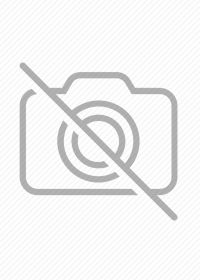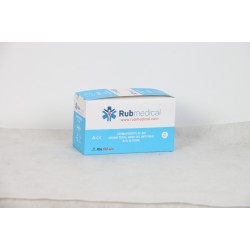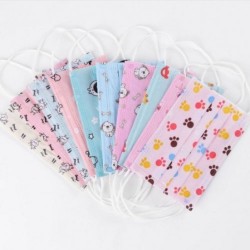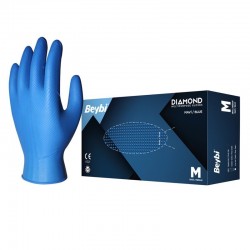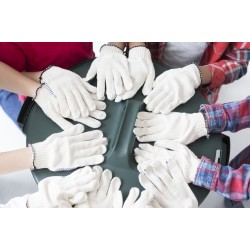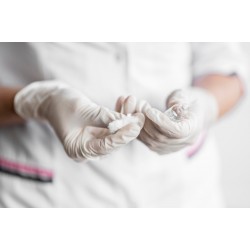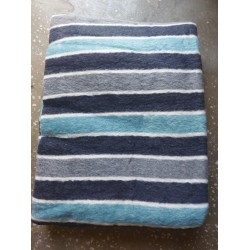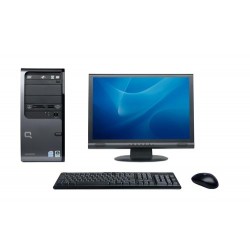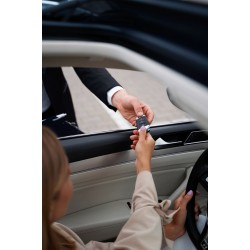-550x550w.jpg)
Scissors, Sponge, Bandage, Neck Collar, Band-Aid, Gloves, Bandage, Night Flashlight, Alcohol swap, Fire blanket, Triangular bandage.
Scissors: Medical scissors are often used for cutting clothing or bandages to access and treat wounds or injuries.
Sponge: Sponges are used for cleaning and disinfecting wounds. They can be moistened with sterile water or an antiseptic solution for wound care.
Bandage: Bandages are used to secure dressings, provide compression, or immobilize injured body parts. They come in various types, such as gauze bandages and elastic bandages.
Neck Collar: A neck collar, or cervical collar, is used to immobilize the neck and spine in case of suspected neck or spinal injuries.
Band-Aid: Band-Aid is a brand name for adhesive bandages used to cover and protect small cuts, abrasions, and blisters.
Gloves: Disposable gloves, typically made of latex or nitrile, are essential for protecting both the provider and the patient when providing first aid or medical care.
Night Flashlight: A flashlight is a valuable tool for providing illumination during nighttime emergencies, search and rescue operations, or power outages.
Alcohol Swab: Alcohol swabs are used to clean and disinfect the skin before injections, minor procedures, or wound care. They help reduce the risk of infection.
Fire Blanket: A fire blanket is a safety device used to extinguish small fires or to wrap around a person to protect them from flames during a fire emergency.
Triangular Bandage: Triangular bandages are versatile and can be used as slings, bandages, or to create splints for immobilizing fractures or dislocated joints.
first aid kits, emergency response kits, and medical supplies. When properly used and applied, they can help address a range of injuries and emergency situations. It's important to have appropriate training and knowledge on how to use these items effectively, especially in medical or emergency response scenarios.


